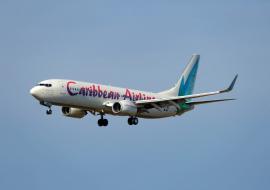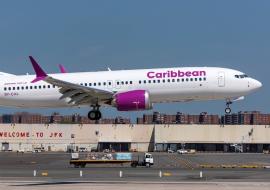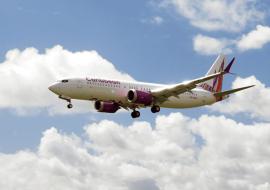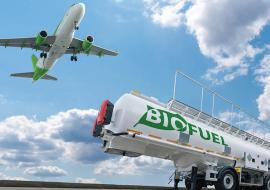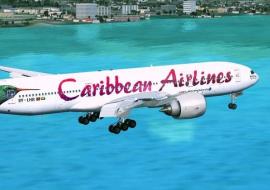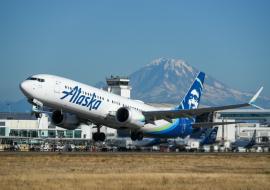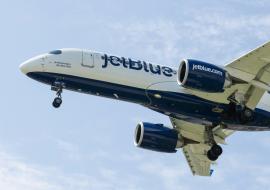Shorter Air Routes Help Cut Emissions, IATA Says
Governments could do more to help airlines cut harmful emissions by agreeing to shorten routes than by slapping “green taxes” on air travel, the head of airlines body IATA said.
Europe, where several countries have put environmental levies on airline tickets, was a particular problem because of its failure to establish a single air traffic control system, said Giovanni Bisignani, IATA Director General.
Carriers argue that governments often refuse to open large parts of their air space to commercial flights, forcing planes to stay in the air for longer than they need to.
“Governments are quick to make vacations more expensive with new taxes in the name of the environment,” he said, according to a text of his speech issued by IATA, the International Air Transport Association, in Geneva. “But they are slow to improve infrastructure. It’s about time they realized what a difference a minute can make.”
IATA, which groups some 270 passenger and cargo airlines accounting for around 94 percent of scheduled international flights, has often complained that the industry’s own efforts to improve its environmental performance are hampered by tough national rules on the routes planes can take.
Last year, Bisignani said work on route shortening by IATA brought savings of 6 million tons of CO2 –whose emission by airlines is an important contributor to global warming, according to environmentalists and climate scientists. But he said issues were still to be resolved on all continents between airlines and governments.
“The approach to Hong Kong is up to 25 minutes longer than it needs to be,” Mr. Bisignani said. “Flying from Sao Paolo to Lima is 9 minutes too long. Johannesburg to London is 10 minutes too long. And flying to Manila from Japan has 5 unneeded minutes.
“Optimizing air routes should not be a battle. It is a win-win situation for the passenger and for the environment.”
He said the failure of the 27 nation European Union and its neighbors to agree on a Single European Sky, allowing freer movement for the airlines and less hassle with traffic control bodies, was the continent’s “biggest embarrassment.”







